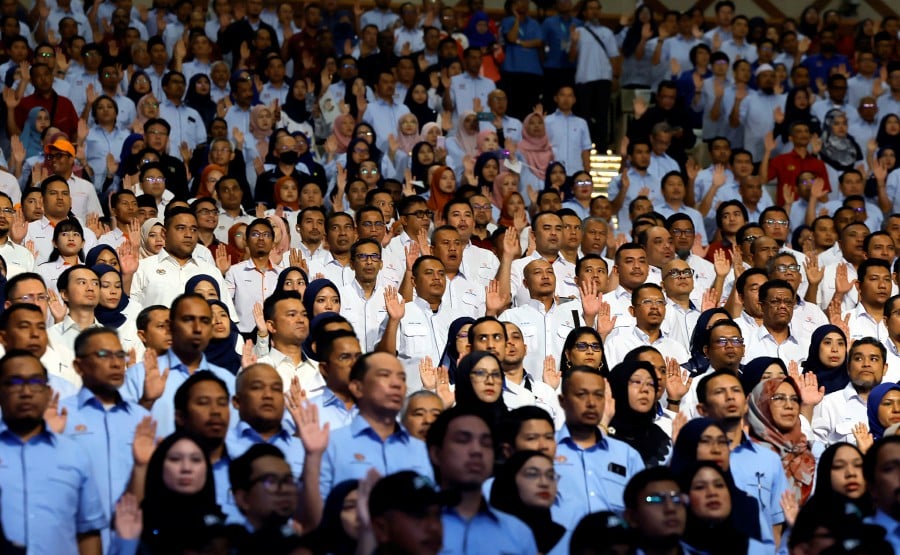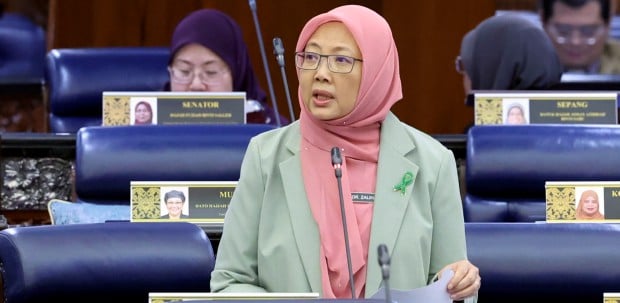LETTERS: The government will soon introduce the new Public Service Remuneration System (Sistem Saraan Perkhidmatan Awam, or SSPA) offering civil servants a more equitable, performance-driven and inclusive framework for better career progression.
The public sector salary review announced by Prime Minister Datuk Seri Anwar Ibrahim on May 1 includes an increment of more that 13 per cent, effective Dec 1.
The new scheme, which was under study and review for nearly one year, is considered the best one to meet the current challenging economic situation. It is expected to improve the civil service salary structure.
The prime minister said the minimum monthly salary and fixed allowances for civil servants would be increased to more than RM2,000, from the present RM1,795. This increment will cost the government approximately RM10 billion.
In line with the Madani principles, the government anticipates that the salary review would enhance productivity and efficiency of the civil service, to be on a par with the private sector.
The new SSPA is a significant milestone towards a more efficient, responsive, and people-centric service delivery.
It seeks to empower civil servants to thrive in an increasingly complex and competitive environment, and transform the civil service to be more agile, meritocratic and employee-friendly.
The SSPA sets the stage for a brighter future where civil servants are empowered to excel, innovate, and contribute meaningfully to the nation's development goals.
DR PERIASAMY GUNASEKARAN
Senior Research Fellow
The views expressed in this article are the author's own and do not necessarily reflect those of the New Straits Times
National Institute of Public Administration (INTAN)
Kuala Lumpur





